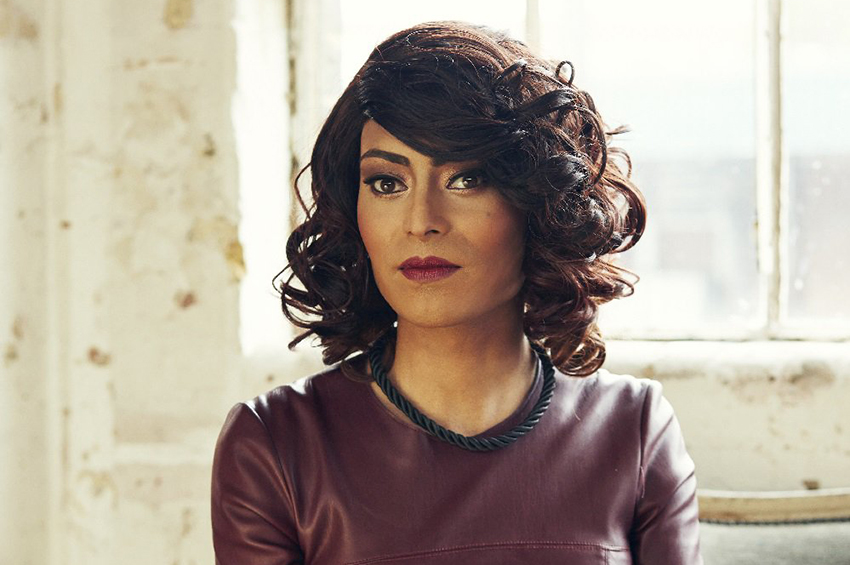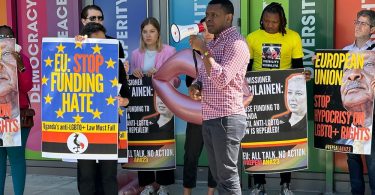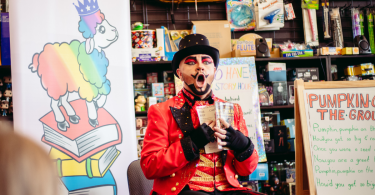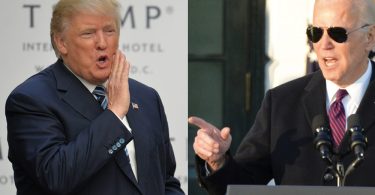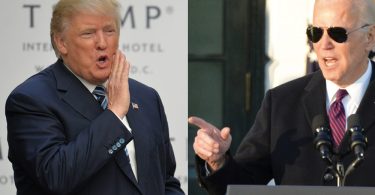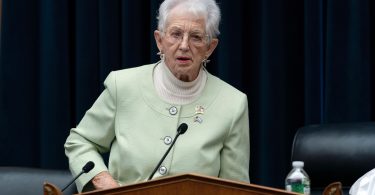Attitude Magazine
Asifa Lahore speaks about how she feels about Ramadan
Muslim Londoner, Asifa Lahore, came out as transgender on Monday (22 May).
Most famous for her appearance on British documentary, Muslim Drag Queens, Lahore performs in drag in cabaret bars across London.
But about two years ago, something didn’t feel quite right, so she began questioning her gender identity.
‘I’ve come to the conclusion, and I want you all to know, that I am a trans woman,’ Lahore said in a moving video. ‘I have begun the process of transitioning.’
She continued: ‘In the last couple of years, I have really been questioning my gender identity and who I am as a person.
‘If I’m totally honest with myself, I’ve always been a woman.’
‘It’s the happiest I’ve ever been,’ she said.
[embedded content]
It’s not always been an easy ride for Lahore.
Born and raised in London to Pakistani parents, she believes her drag journey was a stepping stone to realize her transgender identity.
But when she told her husband, he couldn’t accept it.
‘He left me,’ she said. ‘And he left me because he couldn’t accept that I was a woman and that I am going to transition.
‘It was the biggest decision of my life,’ she said.
Lahore will continue to perform as a drag queen, but says she now wants to live as Asifa permanently.
Asifa Lahore on Ramadan
Lahore has always had a love/hate relationship with the Muslim holiday of Ramadan.
Commencing today in Europe, Ramadan is a month of fasting to commemorate the first revelation of the Quran to Muhammad.
She said, when she was growing up, ‘There was a real sense of community, harmony and togetherness.’
‘My angst developed in my late teens to mid 20s; the period before I came out to my parents.
‘I hated Ramadan with a vengeance because it was the ‘peak’ of my identity clash as a LGBTI Muslim. In order to adhere to the rules of Ramadan which are very much grounded in submission, sacrifice and reflection, I would have to take a month off partying in LGBTI venues, attending support groups and refrain from all sexual contact.
Demonstrators at a London vigil for Orlando, 13 June 2016
‘This to me was very black and white,’ she said.
She grappled with her LGBTI identity and her religion.
She continues: ‘In 2014, I decided to fast, take part in the parade, break my fast at the appropriate time, pray and then perform during the night.
‘It was an exhausting yet for fulfilling experience because I did everything that both of my identities wanted to do. One wasn’t given up in favor of the other and I didn’t feel a sense of emptiness as I had done previously.
‘So I still continue to do it all to this very day,’ she said.

